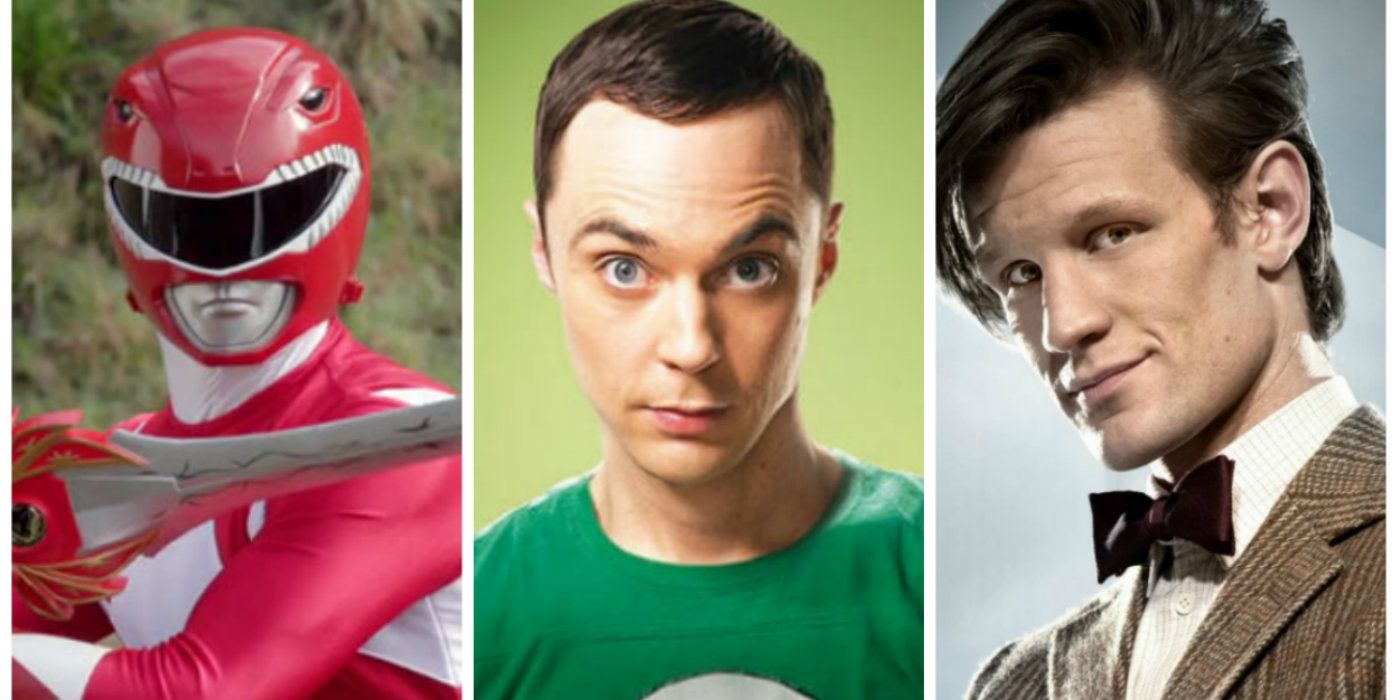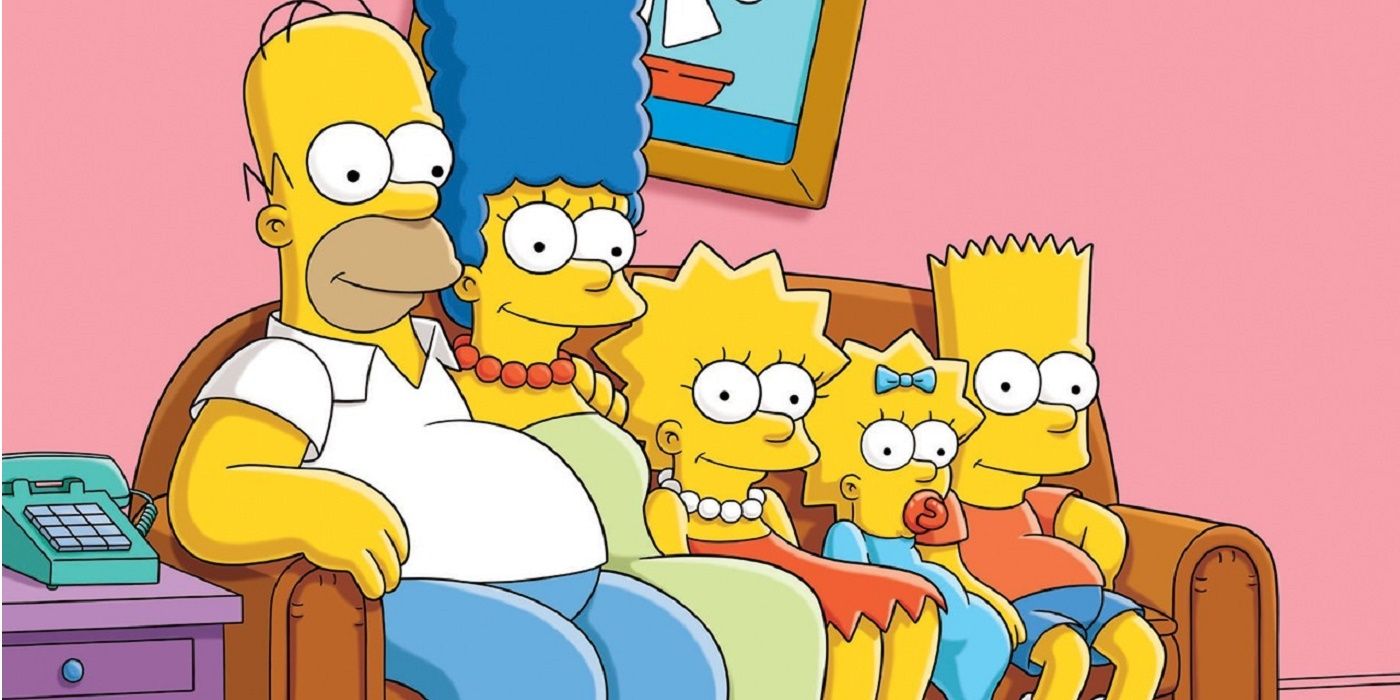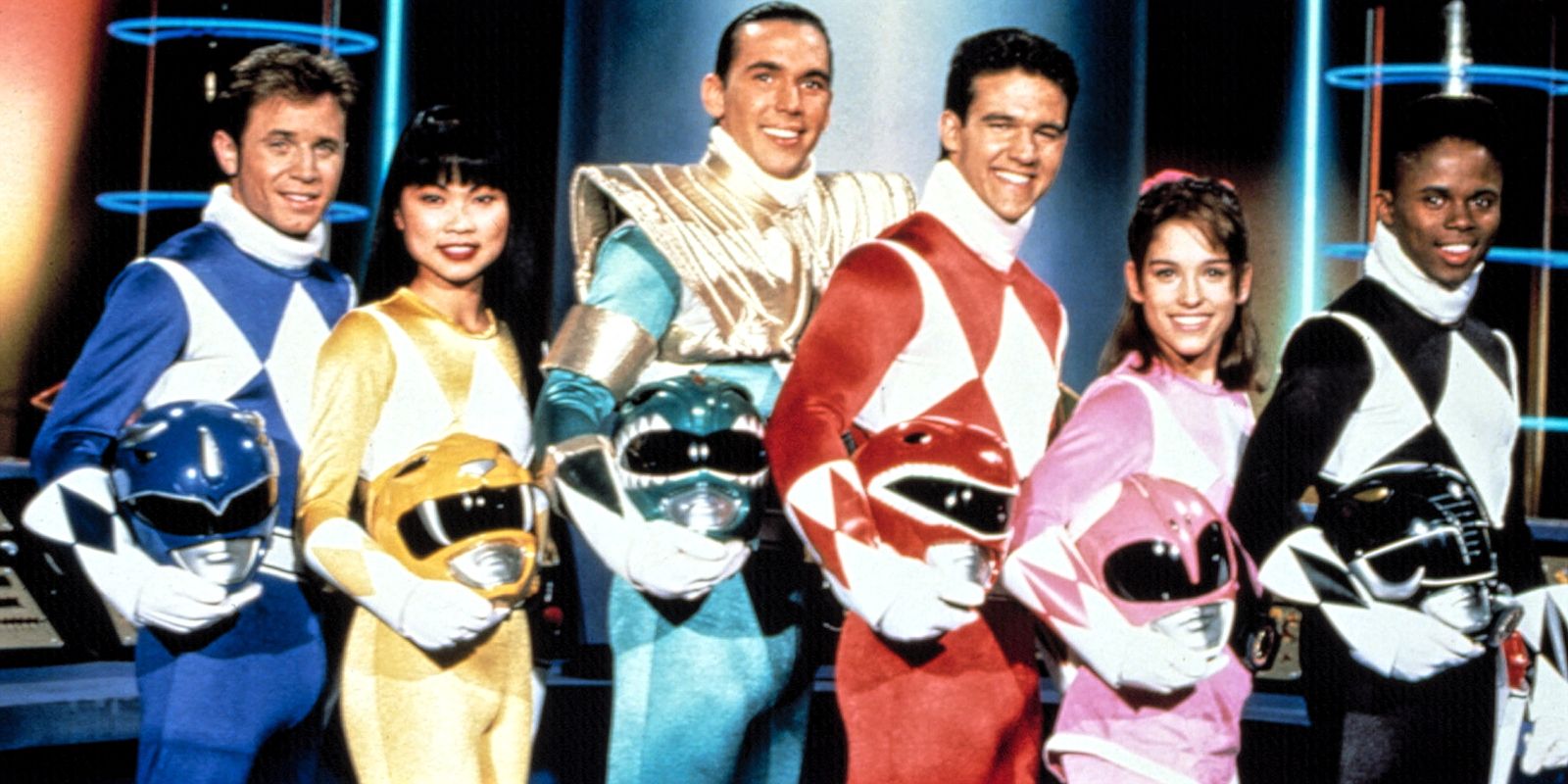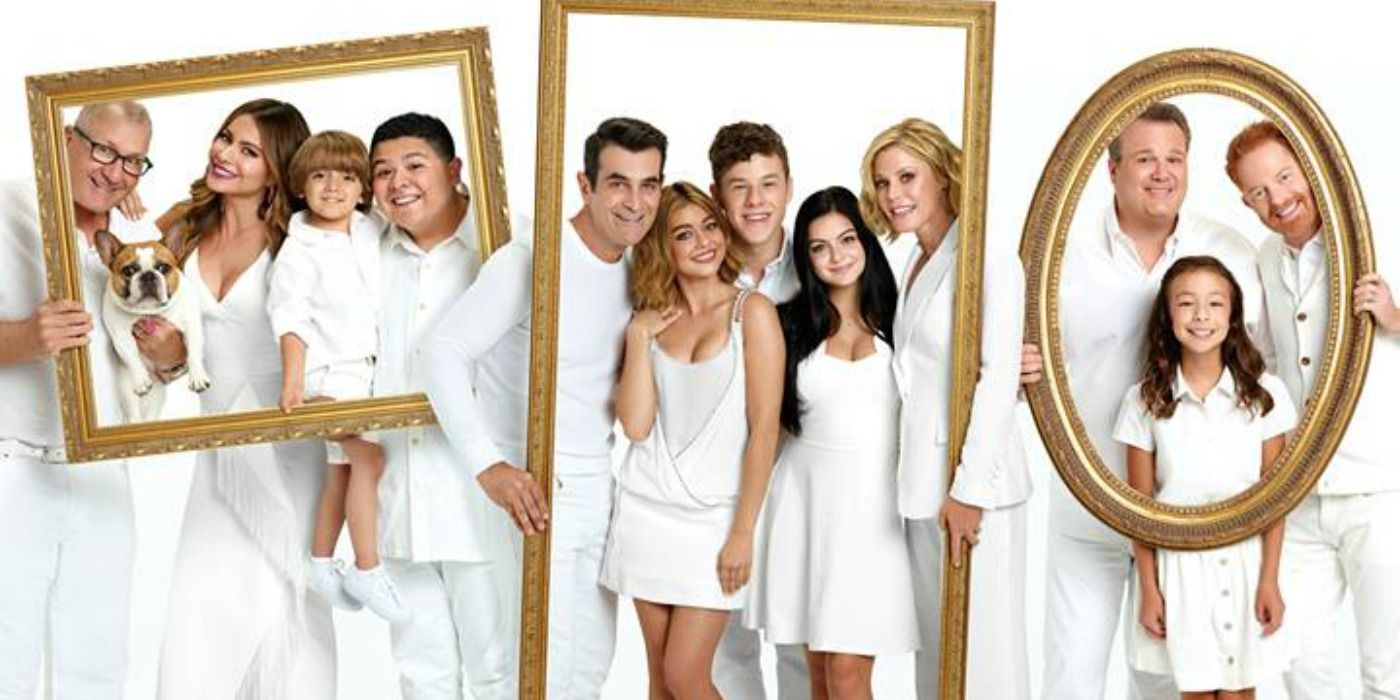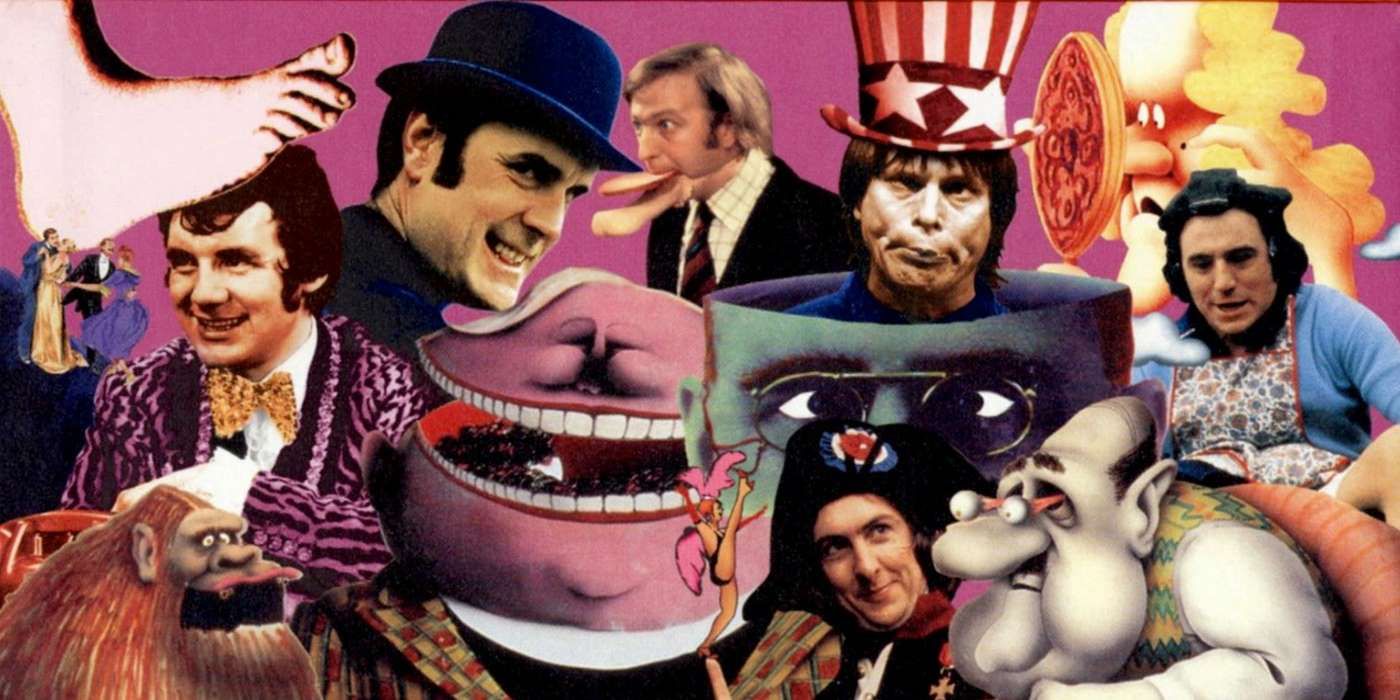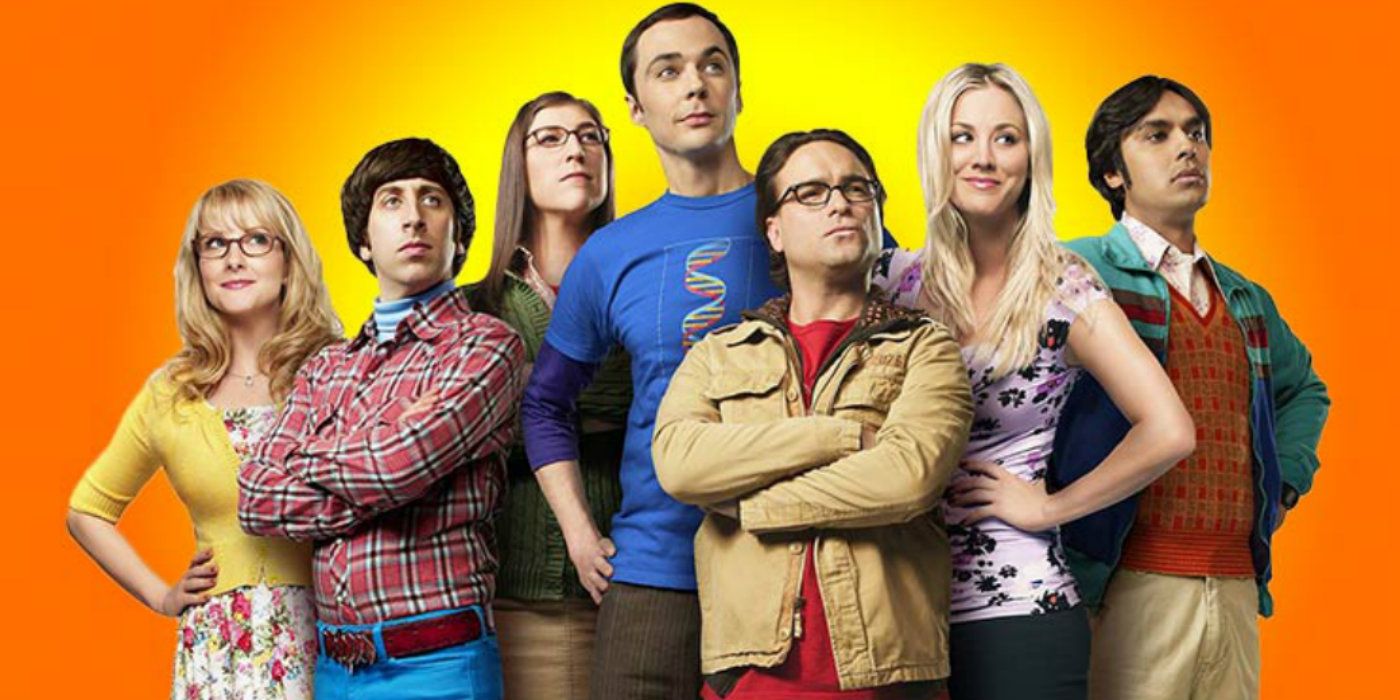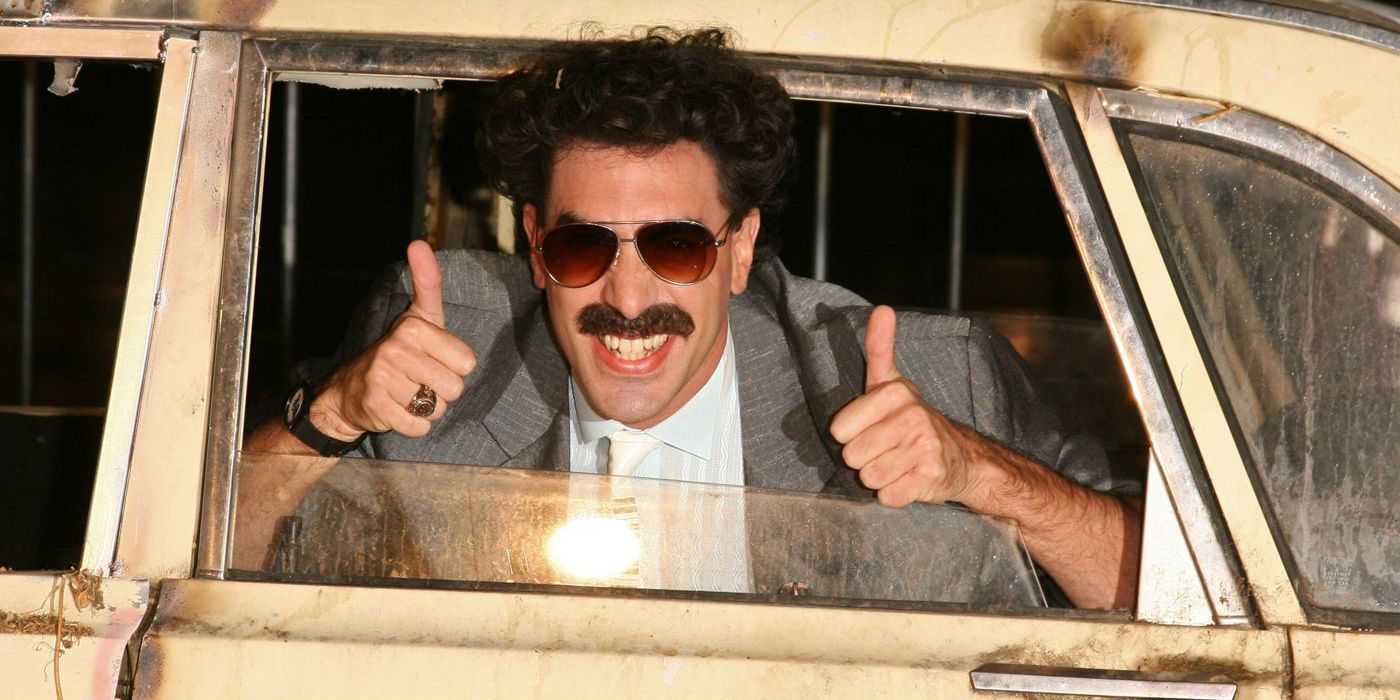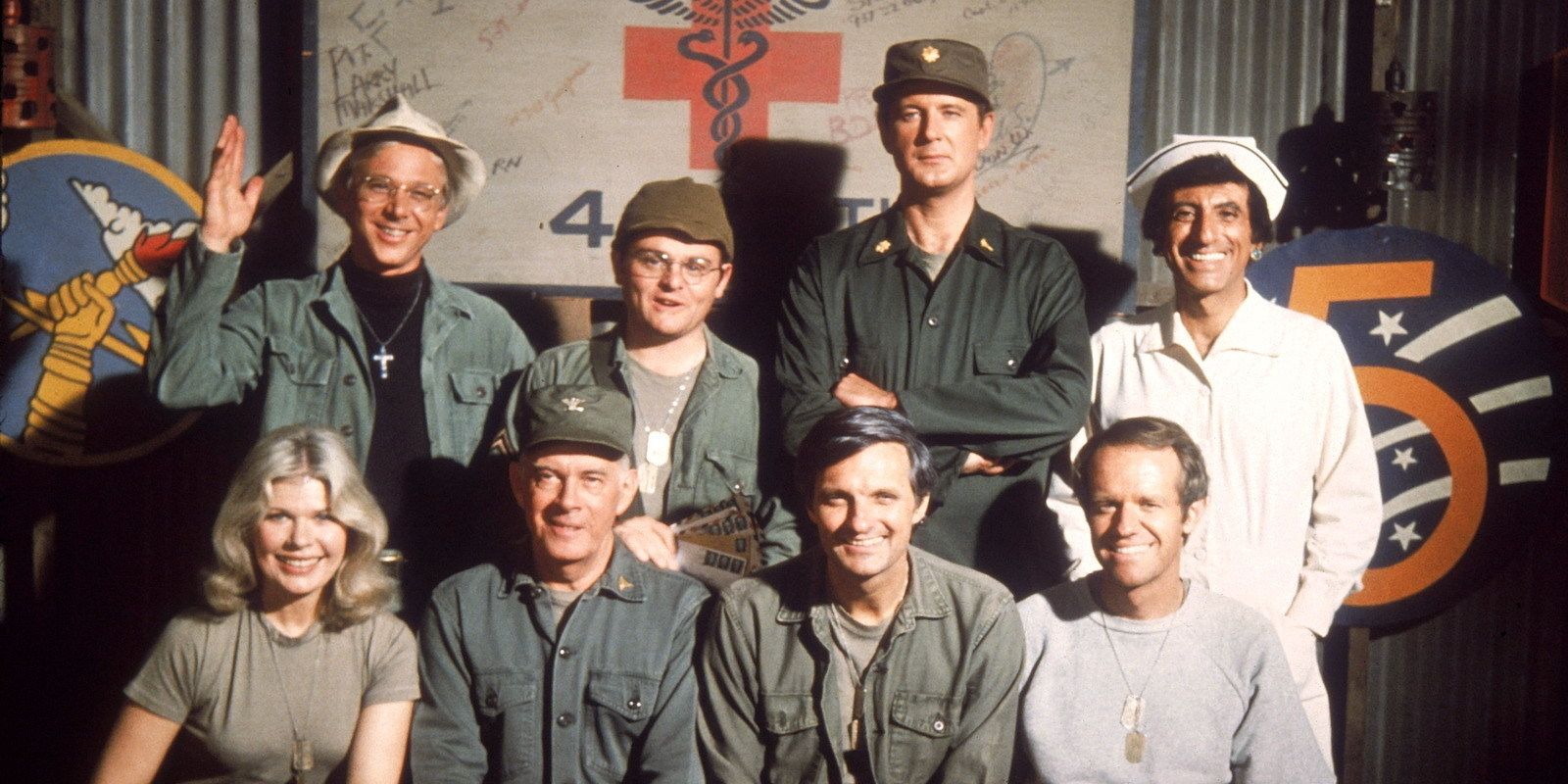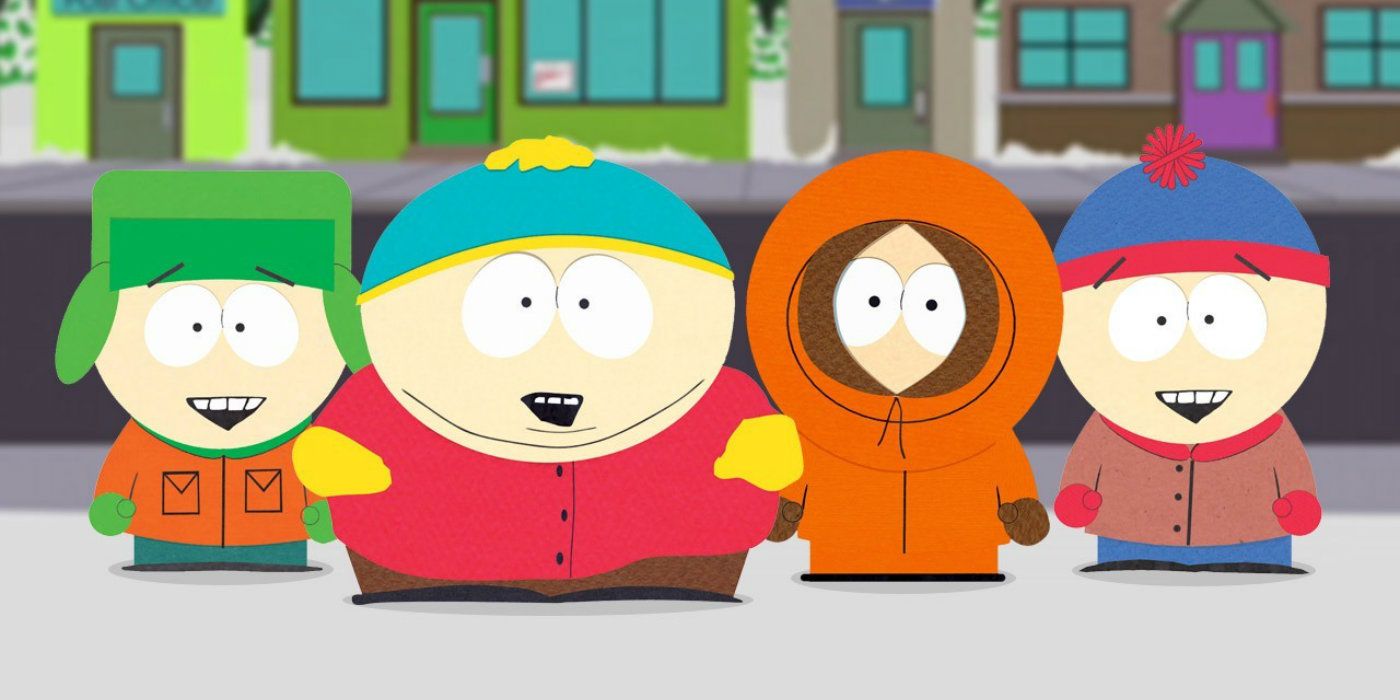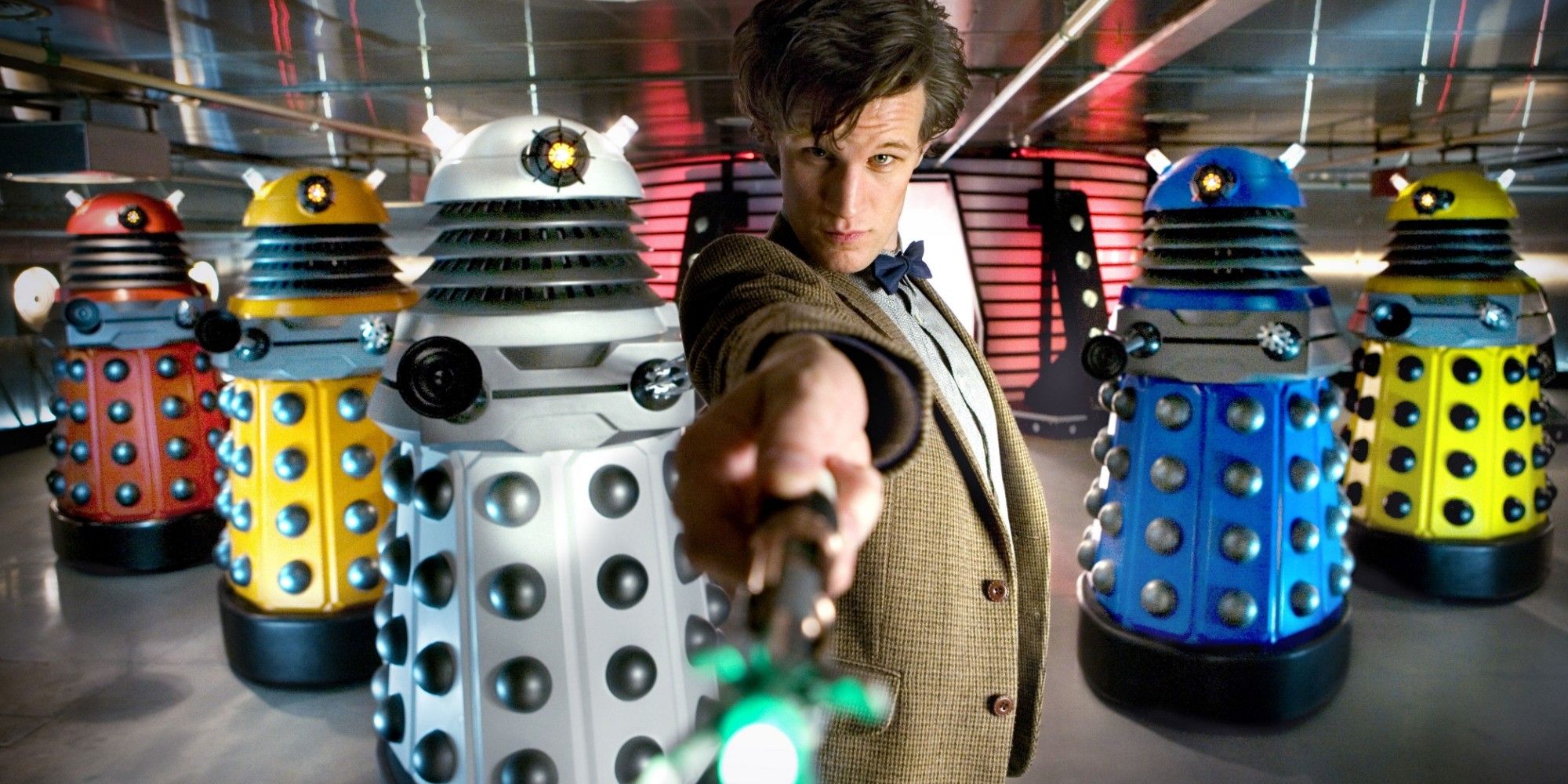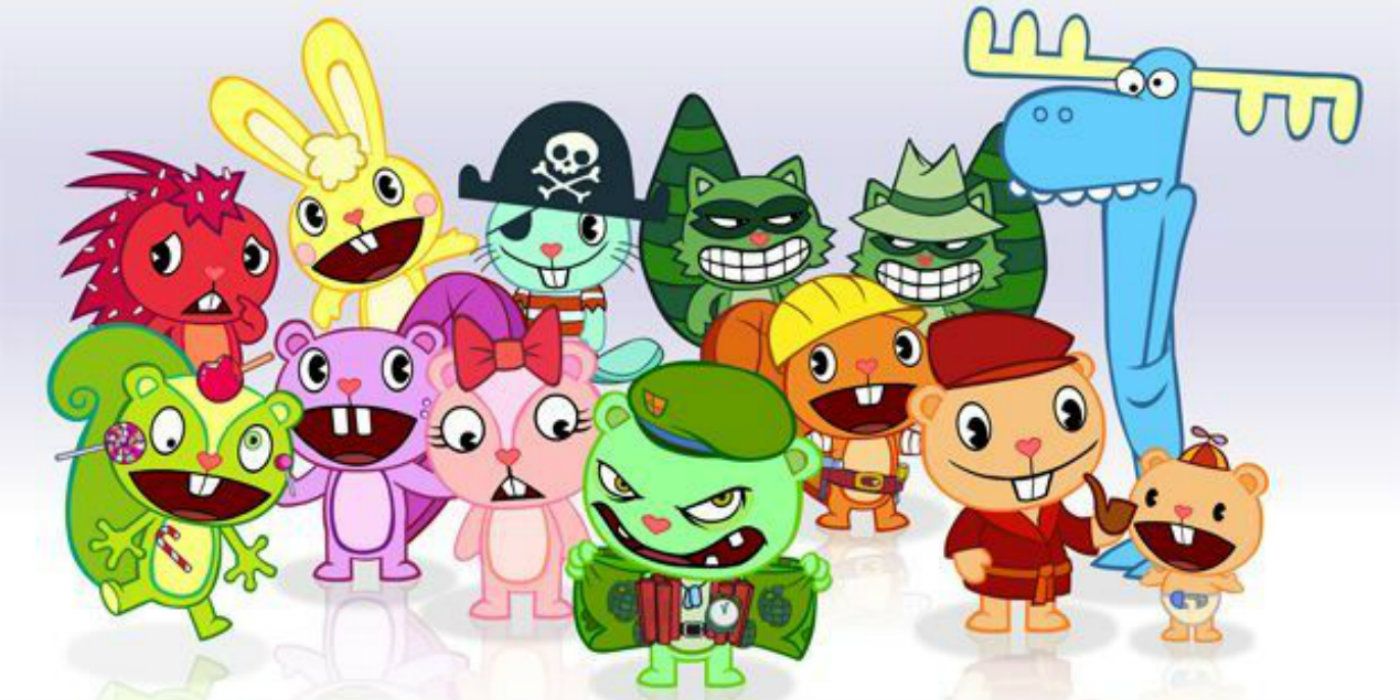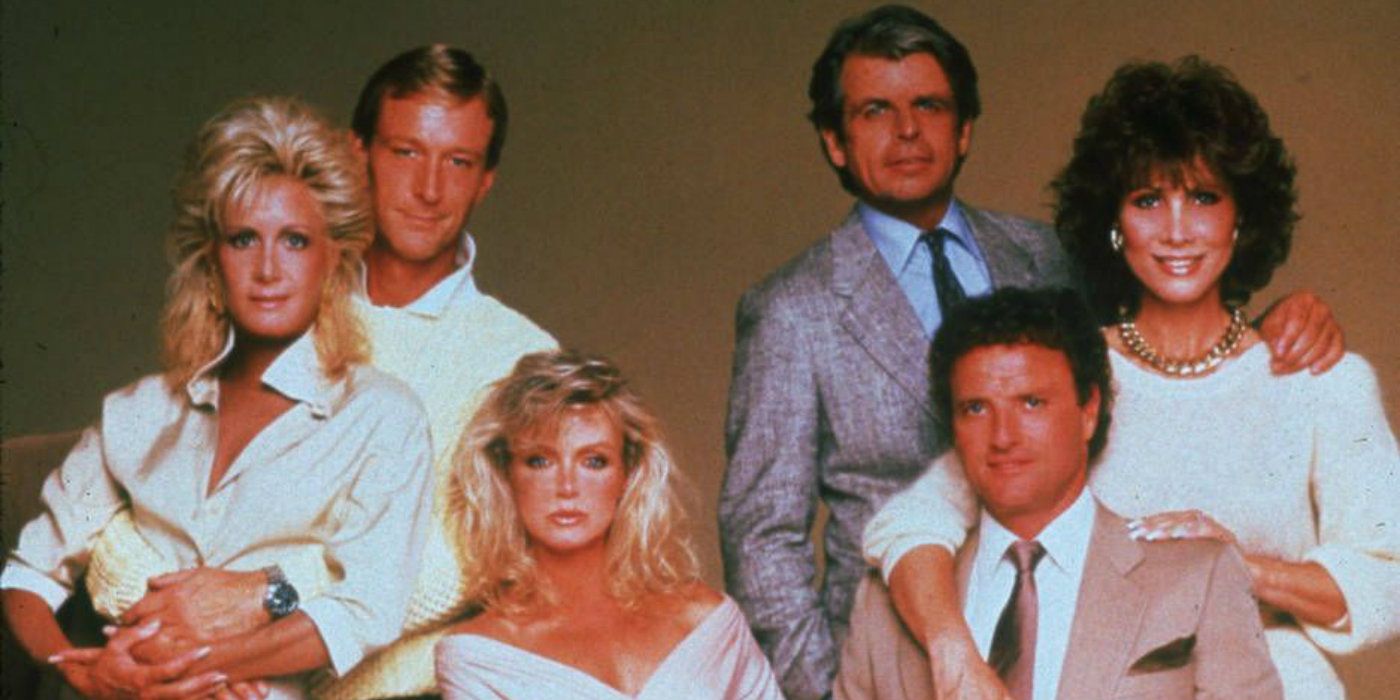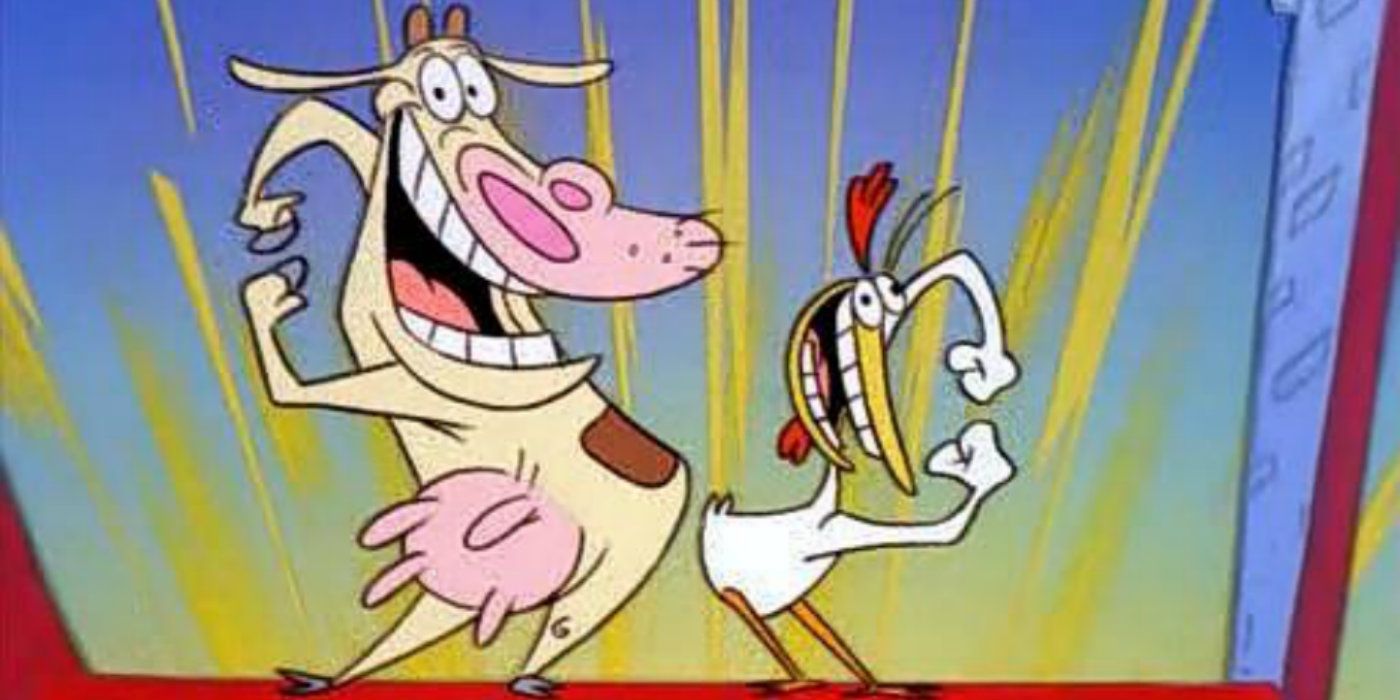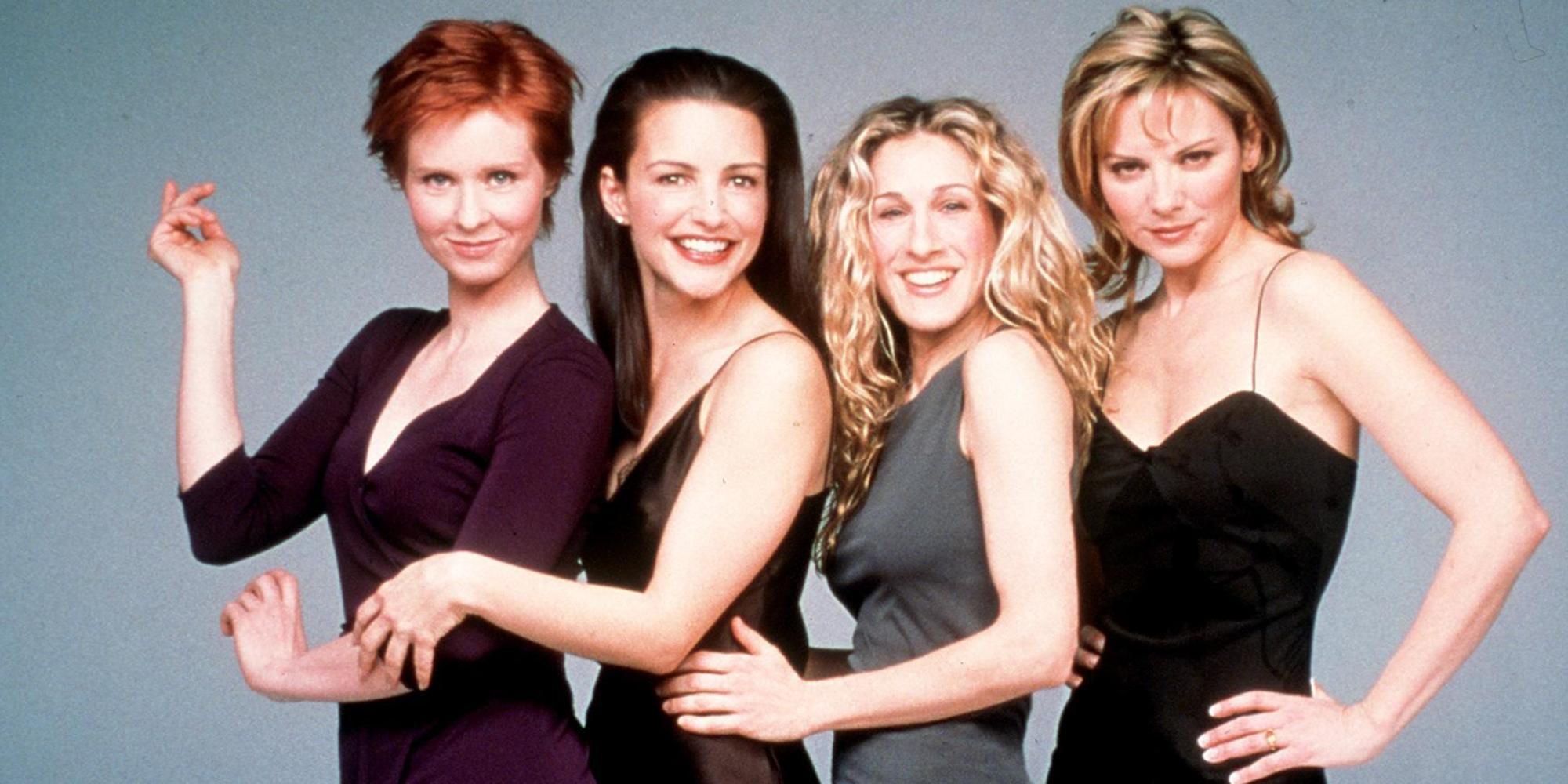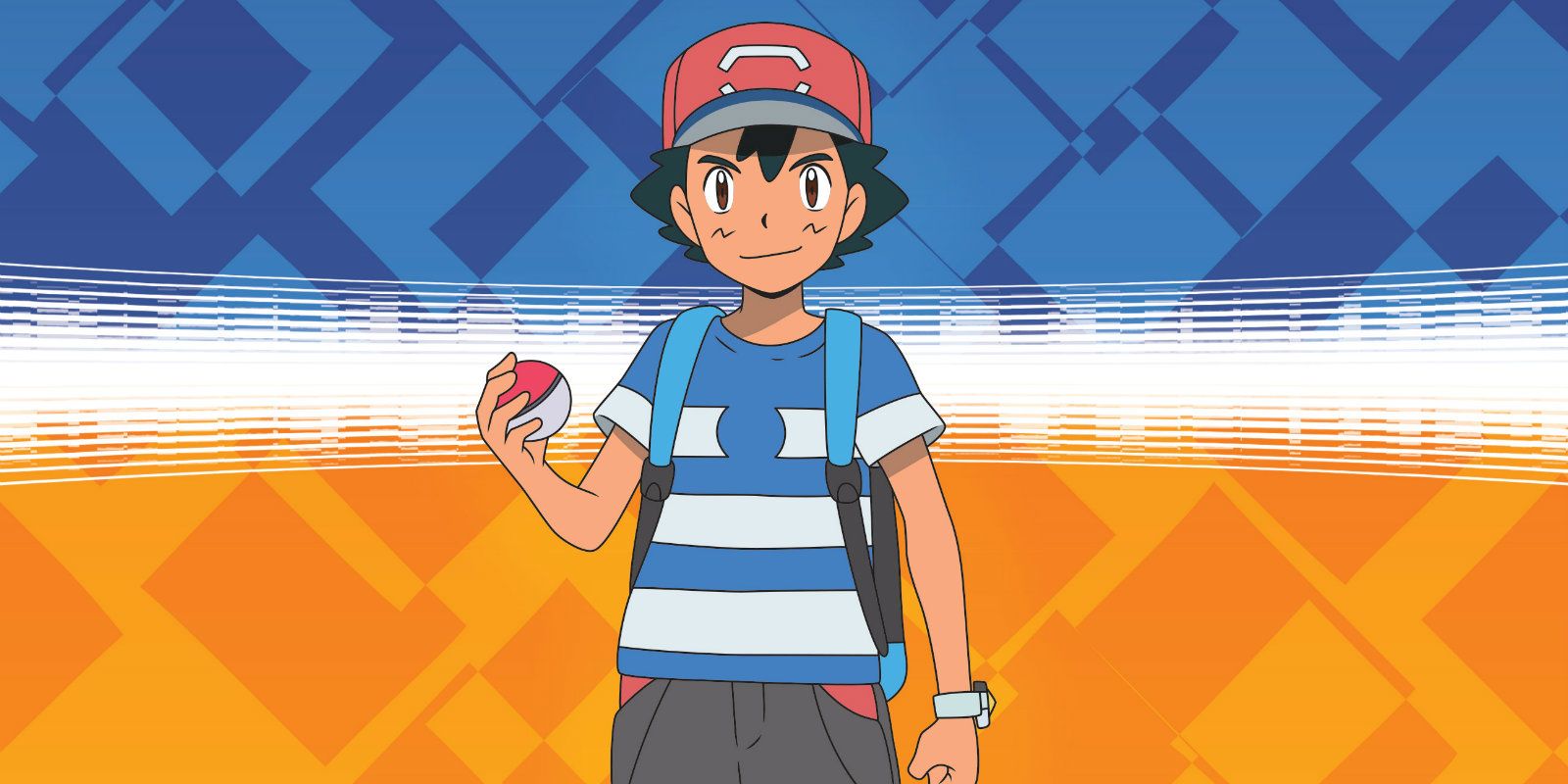Television shows undergo all manner of edits and revisions in their transition to other countries. Every nation has a different set of standards and values that imported entertainment must adhere to and be changed accordingly. For the most part, with the exception of series that were already controversial in their home country to begin with, TV shows tend to be permitted in other countries with sufficient editing.
The most common occurrence is that specific episodes of a TV show will be banned in a country, but not the entire series. The reasons for banning an episode are often obvious-- sexual content, religious references, off-color humor, etc.-- but sometimes TV episodes are banned for surprising reasons.
Australia banned an episode of Peppa Pig, an innocent cartoon aimed at young children, because the show suggested that spiders shouldn't be feared. In a country where people being killed from the bites of enormous spiders is a legitimate and relatively common problem, a kids show that encourages children to make friends with potentially lethal creatures probably should be kept off the air.
So what does it take for an entire series to be be outright banned somewhere? Just like with episode banning, the reasons range from plainly obvious to head-scratchingly strange. In fact, there are times when the reasons aren't even entirely clear and can only be guessed at.
Here are 15 TV Shows You Didn't Know Were Banned In Other Countries.
15. The Simpsons
Even though they are sometimes called "America's First Family," The Simpsons have been a global phenomenon almost as long as they've been a hit in their home country. While the series seems somewhat tame now, especially compared to certain other prime time animated shows that have debuted since The Simpsons' premiere, there was a time when the show courted controversy even in America. Given that, it's not hard to imagine that more conservative countries might have taken issue with various aspects of the show.
While China once just banned The Simpsons from airing in prime time - supposedly in an effort to give struggling local animators a boost - it wasn't completely taken off the air there. The show has only suffered that fate in two countries: Myanmar and Venezuela. The reason for the banning in Myanmar is that the show's frequent juxtaposition of the colors red and yellow-- such as in the clothing and skin tone, respectively, of Bart and Lisa-- is reminiscent of the colors used in support of rebel groups within the nation. As far as Venezuela goes, the show was simply deemed inappropriate for children-- but rather humorously, Baywatch was put in its place in the lineup.
14. Mighty Morphin Power Rangers
It's easy to speculate as to why a show like Mighty Morphin Power Rangers might be banned from the air in other countries. The most obvious assumption is that the show is too violent, or more specifically, is too violent for a show aimed at kids. In fact, MMPR's ban from the airwaves of Malaysia had absolutely nothing to do with the show's actual content-- the problem lay entirely in its title.
Malaysian officials determined that the word "morphin"-- which is meant to be catchy short-hand for "morphing"-- sounded too similar to the drug "morphine," and that it was inappropriate for a kids show to have a title that could be confused with the name of the drug. Interestingly, other nations-- including the U.K.-- had a similar issue, but most of them were fine after a simple title change. Whether Malaysia didn't allow the show to be resubmitted under a different name, or the show's production company never even bothered to try, is unclear.
Given that the 2017 Power Rangers film was shown in Malaysian theaters, the nation clearly doesn't have a problem with the content of that universe-- so long as that pesky word isn't in the title.
13. Modern Family
On a cultural level, homosexuality is still taboo in much of the world. As such, a lot of TV shows that have had same-sex kisses or love scenes in particular episodes have had those episodes banned. There have also been instances where a same-sex relationship was able to be carefully edited around when a TV show has been exported, trying to make it seem as though the romance isn't really there. That isn't always an option, however, as is the case with the show Modern Family and its same-sex couple Mitchell and Cam.
It's less surprising that Modern Family is banned in Iran for its homosexual characters than it is that the country created its own remake of the show.
Haft Sang, the Iranian version of Modern Family, isn't even just a show that it loosely based on the original-- it's largely a shot-for-shot remake. The main difference, of course, is that the scenes involving Mitchell and Cam are just completely left out. They didn't even replace them with a mixed-sex couple; they just aren't there at all.
12. Monty Python's Flying Circus
Of the many ways that Monty Python's Flying Circus was groundbreaking, one of the biggest was the way that no topic was off-limits for lampooning. In a move that would be controversial even if the show aired today, the Pythons frequently targeted religion, and none were safe from mockery.
Even the opening animation sequence doesn't shy away from poking fun at religion, with the show's iconic giant foot seeming to have been summoned by some sort of finger-wagging deity. So the precedent for that is established right from the start.
Needless to say, some countries take less kindly to religion-based humor than others. Even though it wasn't title-based in this case, Monty Python was another show that was banned in Malaysia-- this time, because of its frequent religious references as well as just its overall dark sense of humor. The troupe's subsequent feature films were also banned in the country, and not just Life of Brian, which, unsurprisingly, has been banned from many countries for its direct skewering of religion and Christianity.
11. The Big Bang Theory
Those of us who live in countries where very little gets censored overall-- and when it does, we're typically told why-- have trouble imagining what it would be like to have things kept off of our televisions without an explanation. TV watchers in China aren't so lucky, as not only are shows frequently withheld from being aired there, but many times there isn't even a reason given for the banning.
Such was the case recently when The Big Bang Theory was inexplicably pulled from Chinese airwaves. The series had been airing there already, and had actually become one of the most popular TV shows in the country. Then, one day, the Chinese government decided to pull TBBT off the air, and never gave a reason as to why.
The prevailing theory is that the show had in fact gotten just a little too popular for Chinese officials, who, as evidenced by their handling of The Simpsons, have a history of being a little uncomfortable with imported entertainment getting excessively popular.
The show has since been reinstated in China, so at least they seem to content to just temporarily knock shows down a peg.
10. Da Ali G Show
In addition to the titular character, comedic chameleon Sacha Baron Cohen also disappeared into several other characters on Da Ali G Show, like fashionista Bruno and Kazakhstan resident Borat.
While the real-life citizens of Kazakhstan seem to have a sense of humor about Borat despite the character not painting the nation's people in the most positive light, Kazakhstan's government wasn't laughing. The character led to the banning of the show, the Borat movie, and even the Borat website. Cohen's completely fabricated version of the country's national anthem in the movie was reportedly the breaking point for the government.
However, the country's officials can't help but to have something of a love/hate relationship with the character, as they also admitted that Borat has led to a significant increase in tourism coming into the country. Between that and the people of Kazakhstan not minding the character, the ban didn't end up lasting all that long.
9. M*A*S*H
Even though it takes place during an active war, TV series M*A*S*H-- like the movie it's based on-- was essentially a medical comedy that happened to have the Korean War as a backdrop, at least in the earlier seasons. It did occasionally dabble in political/anti-war messages, especially later on in the show's run, but by and large there wasn't much in the way of controversial topics-- at least not the type that would get a show completely banned. And yet, South Korea did just that with M*A*S*H.
So what was the country's issue with the largely innocuous show? Apparently, it was the way M*A*S*H portrayed South Korea and its citizens as being extremely poverty-stricken. The kicker is that South Korea was a largely impoverished nation during the time of the Korean war, and it is generally believed that M*A*S*H provides a realistic depiction of the country during that era. Still, South Korea isn't fond of that part of their history being immortalized on television-- which perhaps they can't be faulted for-- and chose to not allow M*A*S*H to air there as a result.
8. South Park
South Park isn't shown in a lot of countries, and for reasons as numerous as they are unsurprising. However, a country simply never picking a show up in the first place isn't the same thing as banning it, and to that end, most countries haven't technically banned the South Park. The most notable of the ones that have, however, is Kuwait.
Simply put, Kuwait has banned the show because of its many jokes about Muslims. As any South Park fan knows, the show simply goes after all religions and doesn't particularly pick on the Islamic faith. Still, doing so is a major no-no in many countries, and Kuwait in particular was not having it. Apparently, the show's humiliating depiction of Saddam Hussein-- a figure that Kuwaitis weren't especially fond of-- as Satan's submissive lover wasn't enough to make up for all of the religious jokes.
7. Doctor Who
Chinese officials have a lot of oddly specific things that they don't like to see in movies and TV shows in their country. Among the things that have been forbidden on Chinese television recently both explicitly stated and heavily implied are cleavage, celebrity children, jokes about Chinese culture and traditions, portrayals of "Western lifestyles" in an admiring light, South Koreans, homosexuality, revenge, and time travel.
Yes, time travel was specifically called out as something that would no longer be permitted in movies or TV shows in China. Not wanting their citizens to get fantastical ideas about trying to go backwards or forwards in time, the country ended up banning Doctor Who from Chinese television airwaves.
It's definitely one of the more sweeping bans in the history of television censorship, as banning Doctor Who outright means Chinese TV watchers lose access to over 1,000 episodes of a show. You'd have to ban about twenty other individual shows to lose an equivalent amount of total television.
6. Happy Tree Friends
As a premise, Happy Tree Friends-- which started out as a Flash series on the Web before becoming a TV show-- is pretty subversive, deliberately juxtaposing very cute animal characters with their violent, gruesome deaths. It's definitely the kind of show that needs to be specifically marketed toward adults so some poor kid doesn't inadvertently see a cuddly yellow rabbit get its head lopped off with a chainsaw.
Rather than bother with worrying about how to properly aim the show at the right demographic, Russia decided to just ban the show outright. Not too get too political here, but Russia banning a TV show for "promoting violence and brutality" seems a bit hypocritical, no?
The Happy Tree Friends TV series currently only stands at a single season, with plans for a second put on indefinite hold due to budgetary issues, so at least it isn't a long-running show that was banned.
It'll be interesting to see if the planned feature film version ends up making it to theaters in Russia if it ever gets finished.
5. Knots Landing
The 1980s was the golden era for prime-time soap operas like Dallas, Falcon Crest, and Dynasty, as well as the long-running Knots Landing. Landing was on the air for an impressive fourteen seasons, spanning three decades by debuting 1979 and lasting until 1993.
Even if you're too young to have ever seen the popular drama, you'll know some of its stars-- in addition to being the breakout show for Alec Baldwin, the show also featured early appearances by Helen Hunt, Marcia Cross, Gary Sinise, and Billy Bob Thornton.
If you lived in South Africa during the show's later years, you definitely didn't see it. In a rare instance of a show being banned in another country but not by the country itself, Landing's distributor, Lorimar, withheld the show from release in South Africa as a protest against the country's system of apartheid. Lorimar was following the lead of the many musicians who had pledged not to perform in the country and actors who refused to travel to the country as long as apartheid was in effect.
This "entertainment boycott" ended up being a powerful tool in the eventual abolishing of apartheid in South Africa.
4. Cow and Chicken
Like many cartoons that are supposed to be for kids, Cartoon Network's Cow and Chicken was guilty of sneaking in plenty of adult humor and innuendos that (ideally) went over youngster's heads and was a little treat for the parents who were forced to watch it too.
The show had one infamous episode that was particularly gutsy in this regard, featuring a female biker gang and a lot of not exactly thinly-veiled references to their sexual preference-- they break into houses and literally munch on people's carpeting, for instance. That particular episode only ever aired once on Cartoon Network following numerous complaints.
However, the country that banned the entire Cow and Chicken series did so for a reason that had nothing to do with on-the-nose metaphors for sexual acts. India banned the series because its titular cow character was seen as a mockery of an animal that Hinduism views as a sacred, revered creature.
Back to the Barnyard, the spin-off series of the animated film Barnyard, was also banned in India for the same reason.
3. Sex and the City
Sex and the City was a boundary-pushing show even in its native United States, but being on a paid, premium cable station (HBO) allowed the series to express its message of female sexual empowerment as freely as it wanted to. Where the show wasn't free to wave its feminism flag was Singapore, which banned the show following its 1994 debut.
Carrie Bradshaw and company stayed off the air in Singapore for nearly a decade, until a combination of modifications to Singapore's media standards and an edited version of the show for American syndication created the opportunity for the show to finally come to the country in 2004. It was a major victory for the citizens of Singapore considering that the nation's officials still have issues with art and media that portray any kinds of "alternative lifestyles." They have banned various TV shows, movies, and video games that have featured heavily sexualized and/or LGBTQ content-- both of which are cornerstones of the series-- in the time since Sex and the City's un-banning.
2. Pokémon
Everyone knows the story of the infamous Pokémon TV series episode that was banned after it apparently caused hundreds of children in Japan to become physically ill. A lot of people are also aware of the episode that never made it to the U.S. that shows Team Rocket-- Jesse and James-- with their ample chests barely contained in bikini tops. But has any country ever banned the entire series? Of course it has-- that's what this list is all about, isn't it?
Turkey banned Pokémon after an incident where two young children injured themselves after jumping from a balcony, claiming to have been inspired by something they saw on the show. Exactly what episode or event they were trying to imitate isn't clear, but given that the show is seldom grounded in reality or the laws of Earthly physics, it's not hard to imagine that there would've been a scene that showed characters safely landing from a fall from a high place.
Still, it seems like an extreme reaction to what was obviously an isolated incident-- though it is a much more logical reason for banning a show than half of the other entries on this list.
1. Family Guy
The only way someone wouldn't know why Family Guy would be banned somewhere is if they've never watched a single episode of the show. It's not at all surprising that a country would find the entire show unsuitable for air. What may be surprising is just how many countries have banned the show.
The list of countries that have banned Family Guy includes Taiwan, Indonesia, Iran, Vietnam, Egypt, and the Phillipines, as well as countries already familiar to those who have seen this list all the way through-- Malaysia, South Korea, South Africa, Russia, and India. And that is in addition to nearly a dozen more that have banned individual episodes of the show, a list that even includes the United States after Fox banned the early episode "When You Wish Upon a Weinstein."
No matter where you fall on the long-running Family Guy vs. The Simpsons debate, one thing is clear: Family Guy has been seen by far, far fewer people worldwide due to its much more controversial nature.
---
Do you agree with any of the bans mentioned in this list? Let us know in the comments!

